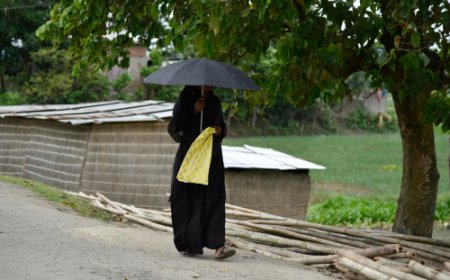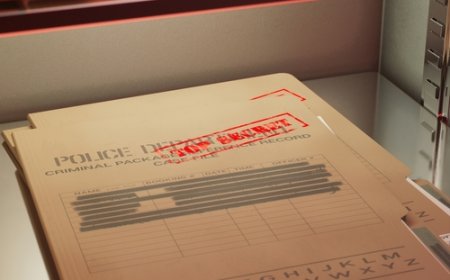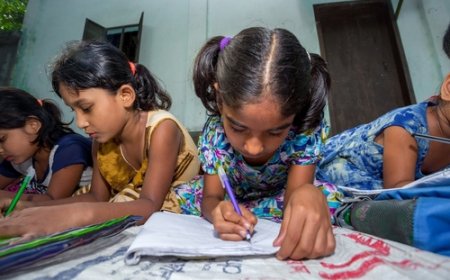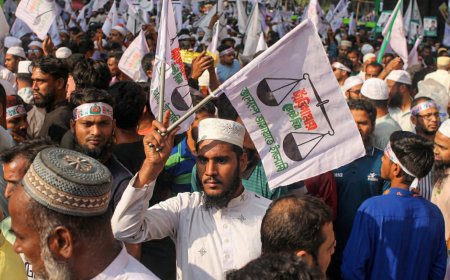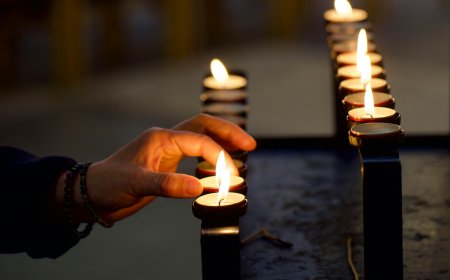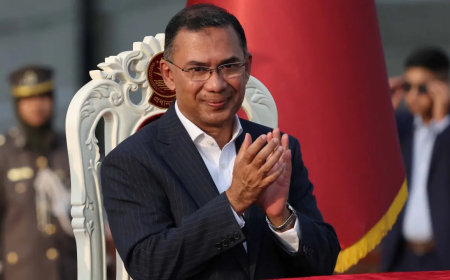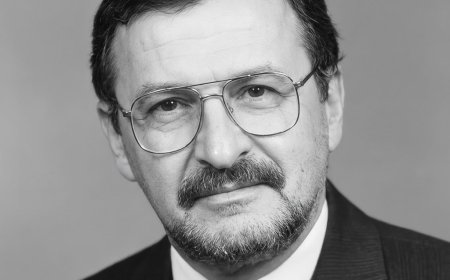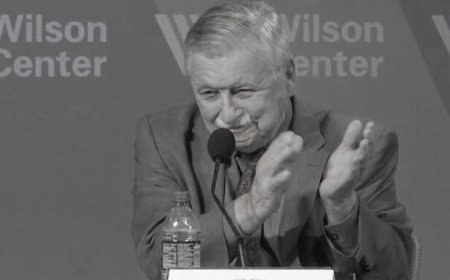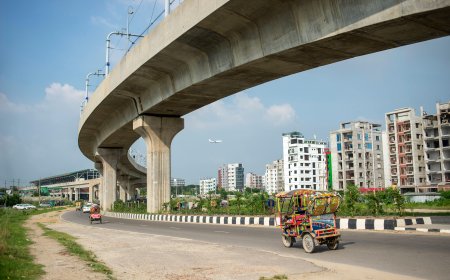A Diplomatic Win
The UN response to the Hasina verdict affirmed the moral and factual weight of the case, acknowledged the reality of mass state violence, and confined its criticism to a doctrinal anti-death-penalty stance it applies uniformly in every country.
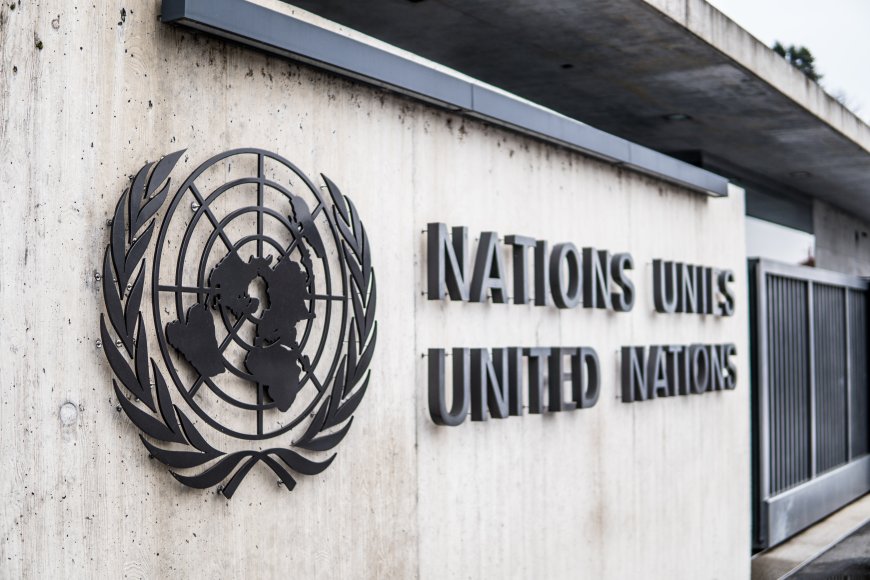
For weeks leading up to the verdict on Sheikh Hasina’s crimes against humanity, many of Bangladesh’s policy elites were fixated on one question: how would the United Nations respond?
Some confidently predicted that the UN would either delegitimize the verdict or declare the trial of Sheikh Hasina’s crimes against humanity unlawful. The UN did neither.
This matters because, among global human-rights institutions, the UN carries the greatest political weight.
The UN statement is straightforward once read carefully and understood in its institutional language. It described the verdict as an “important moment for victims.” This is not neutral language; it signals acceptance that real atrocities occurred and that real victims finally received recognition. It is proof of belief. The UN framed this verdict as part of a genuine accountability process for grave human-rights violations, not as political theatre.
The only objection the UN raised was the death penalty. This objection is not an endorsement of Hasina, nor a critique of Bangladesh’s courts; it is institutional doctrine. The UN opposes capital punishment everywhere, for everyone, regardless of circumstance.
They would have said the same if the accused were a war criminal in Europe, a junta leader in Latin America, or a military ruler in Africa. Their position is universal and automatic.
Equally important is what the UN did not say. They deliberately avoided attacking the court or the process. They did not claim the trial was unfair.
They did not allege procedural defects. They stated that they were “not privy to the conduct of the trial,” which in UN language means they have no evidence of wrongdoing and therefore will not declare the process illegitimate. This distinction is crucial: they are opposing the death sentence, not the prosecution.
By acknowledging the verdict in the context of accountability for state killings, the UN implicitly validated the legitimacy of the prosecution.
They acknowledged serious crimes, acknowledged victims, and acknowledged the need for justice. Read plainly, the UN’s position amounts to this: the prosecution is justified, the crimes are real, the victims deserve justice -- and their only disagreement is with the sentence of execution.
For a Global South accountability process, this is as strong and affirmative as UN language ever gets.
Crucially nothing in the UN statement provides India with political cover for sheltering her. The UN avoided suggesting the verdict was politically motivated. They avoided implying that Bangladesh acted outside its legal mandate. They avoided all rhetoric that would help any state justify non-cooperation.
By treating the case as a legitimate response to mass state violence, the UN implicitly affirmed the expectation that fugitives should face justice rather than enjoy asylum. It is also worth noting that different international organizations responded in different ways, some were sharper than others, including Amnesty International.
The UN, however, clearly distanced itself from blanket INGO skepticism about Bangladesh’s judiciary. But it is crucial to emphasize that not a single INGO has produced an evidence-based procedural critique tied to the actual record of this trial. None of the INGOs claimed the evidence was fabricated, the witnesses were coerced, or that the factual foundation of the charges was anything other than overwhelmingly substantiated.
This stands in sharp contrast to the 2013 ICT era, when INGOs regularly identified concrete procedural flaws and cited them directly. This time their objections remained broad, generic and disconnected from the particulars of this prosecution.
At the end of the day, Bangladesh’s priority is to ensure justice for the victims of Hasina’s state violence, not the anxieties or political posturing of INGOs. Delaying justice in Bangladesh has historically meant one thing: evidence disappears, witnesses are intimidated or lost and cases collapse. External organizations can offer commentary, but their concerns cannot and should not outrank the rights of Bangladeshi victims to timely justice.
That said, it is significant and diplomatically advantageous that the most authoritative institution in the global human-rights eco-system, the United Nations, responded in a clear, grounded and ultimately affirming way.
Taken together, their statement is a net diplomatic win for Bangladesh: the UN acknowledged atrocities, acknowledged the victims of state violence under Hasina, and acknowledged legitimate accountability, recognizing that Bangladesh pursued a lawful response to mass state violence while restricting its criticism solely to its universal, automatic objection to the death penalty.
The expectation held by several Bangladeshi policy elites, that the UN would reject the verdict or label the trial illegitimate, proved unfounded.
The UN did the opposite: it affirmed the moral and factual weight of the case, acknowledged the reality of mass state violence and confined its criticism to a doctrinal anti-death-penalty stance it applies uniformly in every country.
Muneeba Fakhrul is an engineer based in Boston, writing on Bangladeshi politics and society.
What's Your Reaction?













